Good news: hair loss can be prevented. These natural lifestyle tips can be easily implemented into anyone’s life and help reduce the likelihood of hair loss.
Hair loss can be caused by many factors, including environmental toxins, aging, chronic stress, smoking, nutritional deficiencies, hormonal imbalances, genetics, infections, poor hair hygiene, drugs or medications, and of course health imbalances like thyroid problems, autoimmunity, and other chronic illnesses.
The average scalp contains right around 100,000 strands of hair and it’s normal to lose hair daily. However, losing anything more than 50 to 100 strands in a day can be too much.
Want naturally radiant skin? We’ve created a FREE guide to give you the best tips & tricks for natural skincare.
Click here to get your FREE copy of our Skincare Guide!
The good news is that restoring the health of the hair is as simple as restoring overall health. There are many simple things one can do to treat hair loss right in their own home, some of them being completely free of charge!
Whatever the cause, the best solution for hair loss is going to be identifying and removing that cause. Before trying any of these remedies, take a look at the major causes of hair loss mentioned above and seek the assistance of a holistic practitioner to rebalance the body.
21 Easy Tips To Prevent Hair Loss
An ounce of prevention is worth a pound of cure. This famous saying is loaded with truth.
Making up the difference of poor lifestyle choices is a difficult task. So it is always best to embody a healthy lifestyle to prevent the major imbalances that could lead to hair loss to begin with.
Here are 21 ways to not only remedy hair loss but to also create a more balanced lifestyle that will ultimately prevent hair loss from occurring:
1. Scalp Massages
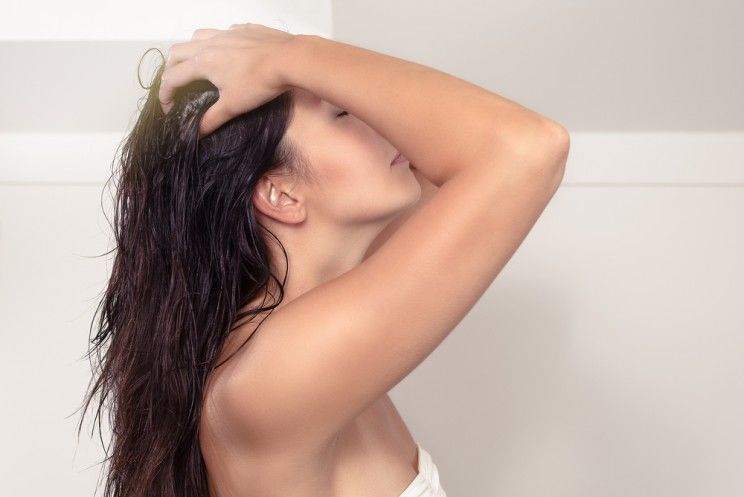
Also, maintaining a healthy scalp will keep hair loss from occurring due to possible infection of the hair follicles. (1) Not just that, scalp massages increase blood flow to the scalp, which is essential for delivering nutrients to the root so hair can grow in strong and healthy.
Additionally, it is my personal experience that a routine scalp massage is very relaxing; it relieves you of stress, which is a primary cause of hair loss. Regular scalp massages are helpful for blood flow and relaxation; however, adding certain oils can make them that much better.
Let’s take a look at some beneficial oils…
2. Coconut Oil

Out of all the natural oils, coconut oil might be the best oil for managing hair loss. It acts as a protectant for the hair shafts from losing moisture. It also happens to contain lauric and caprylic acid, which have antibacterial properties that prevent bacterial infections of the scalp. Always choose extra-virgin, cold-pressed, and organic coconut oil. (2)
3. Olive Oil

4. Almond Oil
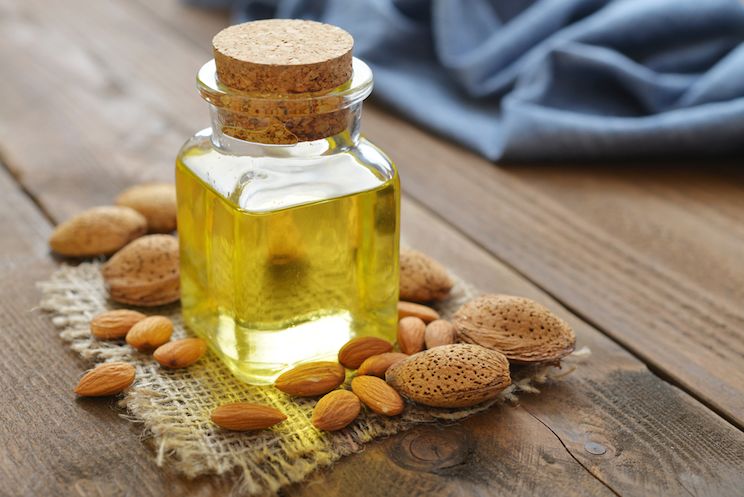
5. Lavender Essential Oil
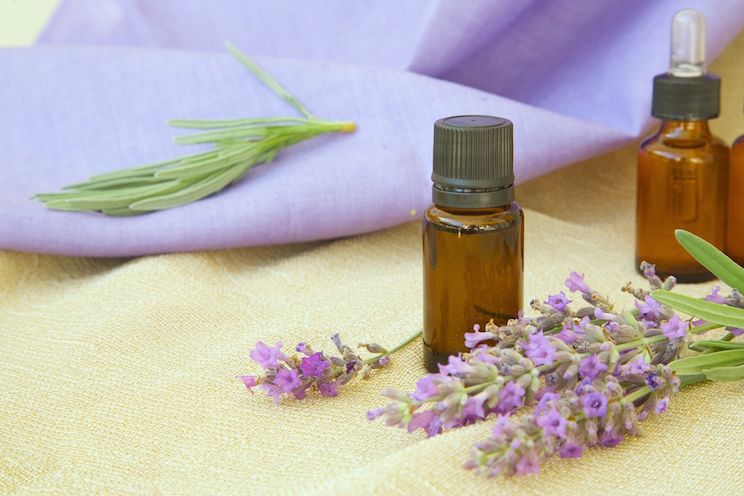
It also happens to be antifungal and antiseptic, which can keep the scalp free of infection that may damage hair follicles. Lavender oil is successfully used in clinical study to treat alopecia areata. This is a condition of excessive hair loss that can result in bald patches.
With any essential oil, source high-quality raw material and use a carrier oil such as coconut, almond, olive, or jojoba. (5)
6. Rosemary Essential Oil
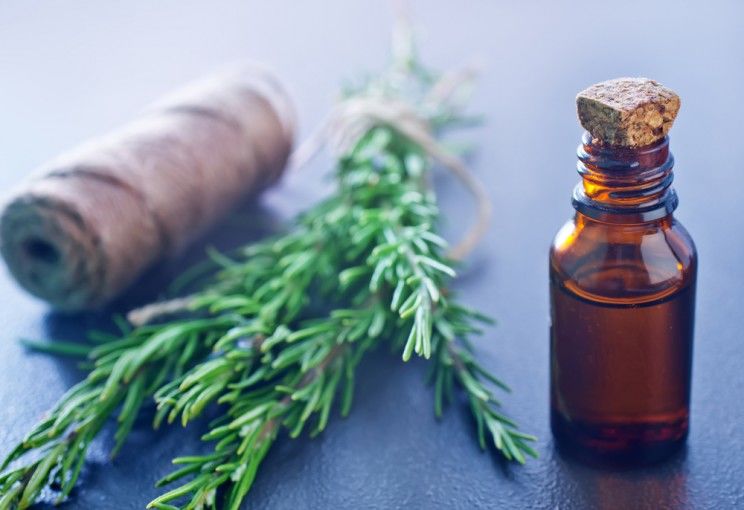
This particular oil encourages blood flow to the roots of the hair shaft, promoting hair growth. Rosemary has been tested against the most popular hair growth product minoxidil and shown equally as effective with a less itchy scalp.
Again, use with a carrier oil and use at least once a week. (6)
7. Geranium Essential Oil
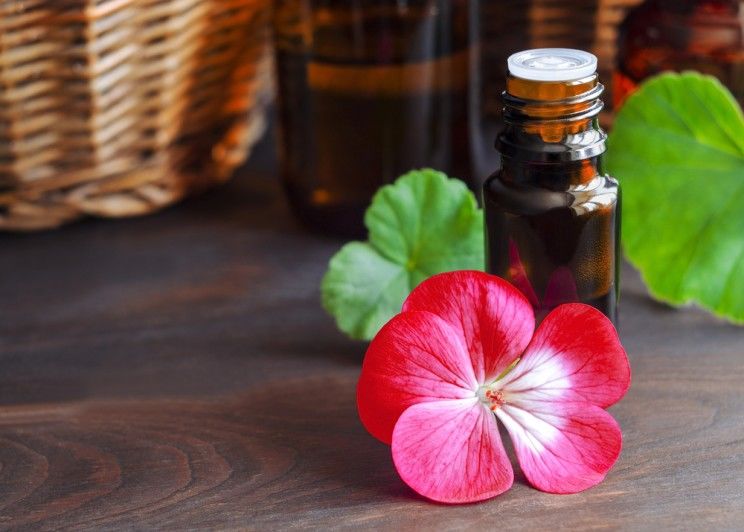
When there is an overproduction or underproduction of this oil, the hair can become oily or dry. It can also lead to baldness due to DHT (Dihydrotestosterone), the main hormone that causes hair loss, which is transmitted to the hair shaft through sebum.
Having a healthy balance of sebum production keeps the hair strong, smooth and silky. (7) (8)
8. Omega-3 Fatty Acids
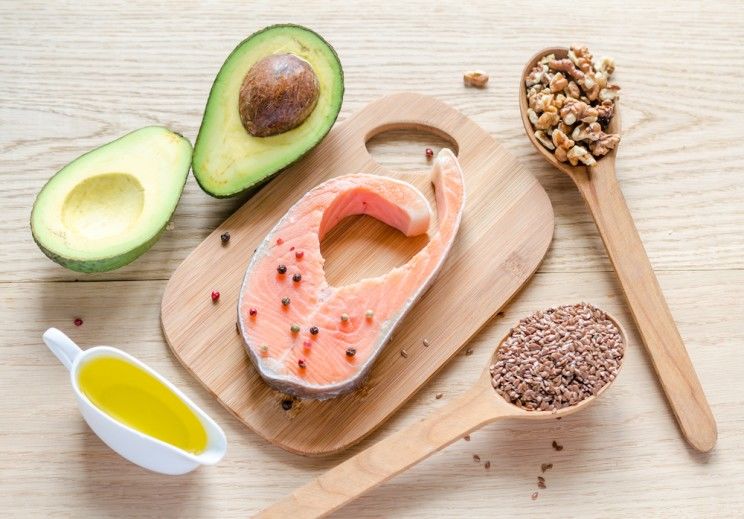
A healthy scalp also requires omega-3 fatty acids. [tweet_quote] A dry, itchy scalp may be the result of low omega-3 or an imbalance of omega-3 to omega-6. [/tweet_quote] The best sources of omega-3 are chia seed, walnuts, salmon, sardines, grass-fed ghee or butter, and even pastured eggs. (9)
9. Zinc-Rich Foods
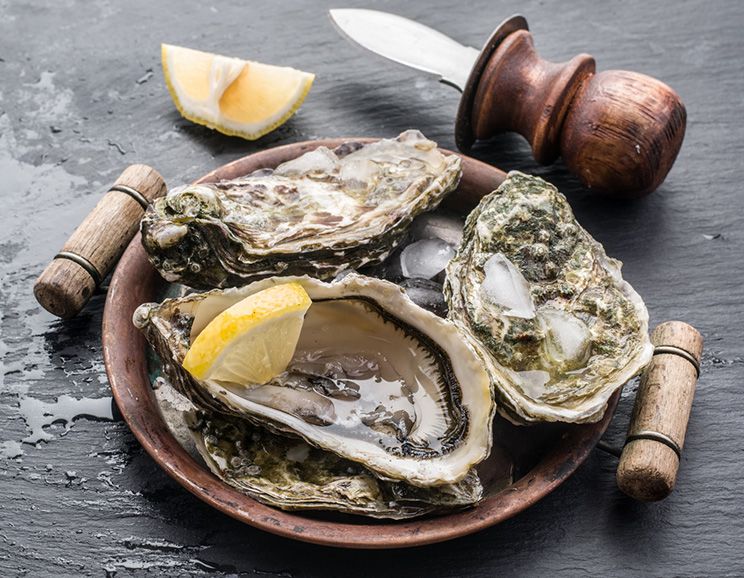
It also normalizes hormones, including testosterone, which is important because high levels of this hormone may lead to pattern baldness.
Oysters are the biggest food source of zinc, but there are herbal sources that contain more of it, such as He Shou Wu and Black Ant – two Chinese tonic herbs.
After these come organic, grass-fed beef, wheat germ, spinach, pumpkin seeds, and pastured pork and chicken. (10)
10. Protein-Rich Foods
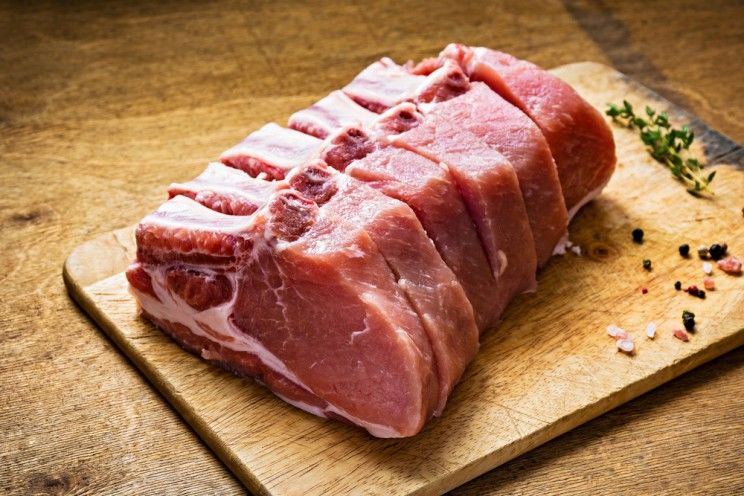
However, just in case you are not getting usable protein, consider these options as great sources of protein: grass-fed beef, wild game, wild-caught coldwater fish such as salmon, sardines, and halibut, pastured poultry, eggs, green leafy veggies, sprouted nuts/seeds, sprouts, and seaweeds. (11)
(Also Read: 10 Paleo Sources of Protein That Aren’t Meat)
11. Iron-Rich Foods

In order to counter this, you’ll want a strong digestive system – weak stomach acid or H. pylori (bacterial infection of the stomach) could be a cause of inability to absorb iron.
Also, make sure you’re eating enough iron-rich foods like egg yolks, pastured red meat, dark leafy green vegetables, spirulina, oysters, clams, scallops, turkey, and best of all, grass-fed liver. (12) (13)
12. Vitamins A and C
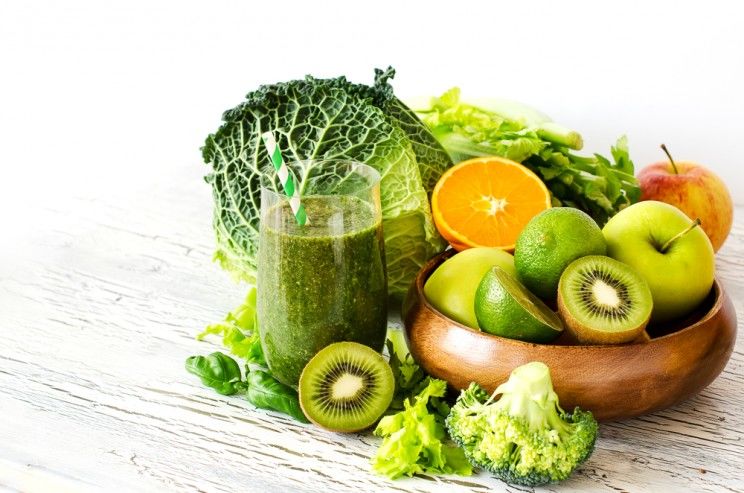
Also note that vitamin C helps improve iron absorption. Keep in mind that vitamin A toxicity is possible and can lead to hair loss, so do not overdo it — stick to food sources of vitamin A, ideally.
For foods rich in vitamin A, try grass-fed liver, egg yolks, wild-caught salmon, sweet potatoes, carrots, spinach, collard greens, Swiss chard, winter squash, and lettuce. For foods rich in vitamin C, try lemons, limes, papaya, kiwi, bell peppers, berries, cabbage, sauerkraut, and kale. (14) (15)
13. Bhringaraj
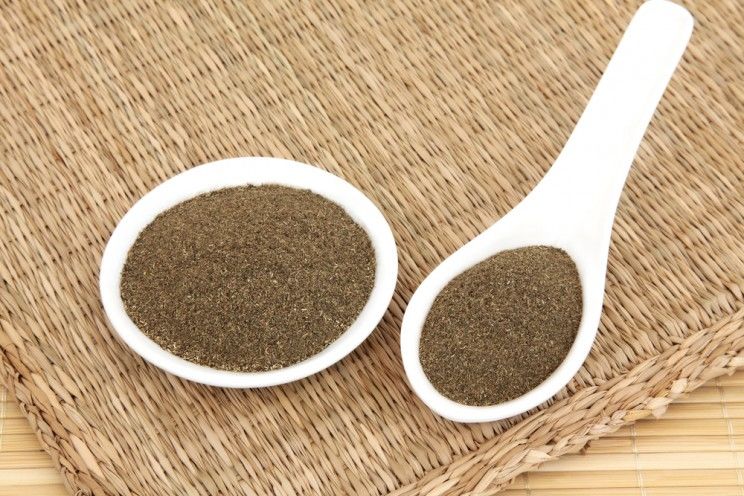
It’s also now backed by science to improve hair growth. To use this herb for hair loss, prepare an herb-infused oil using the leaves or powder.
Mix it with warm coconut oil and fenugreek. Let it soak in hot oil for 10 minutes, then let it sit overnight. Apply this oil to a clean scalp once a day – preferably at night. (16)
14. Amla
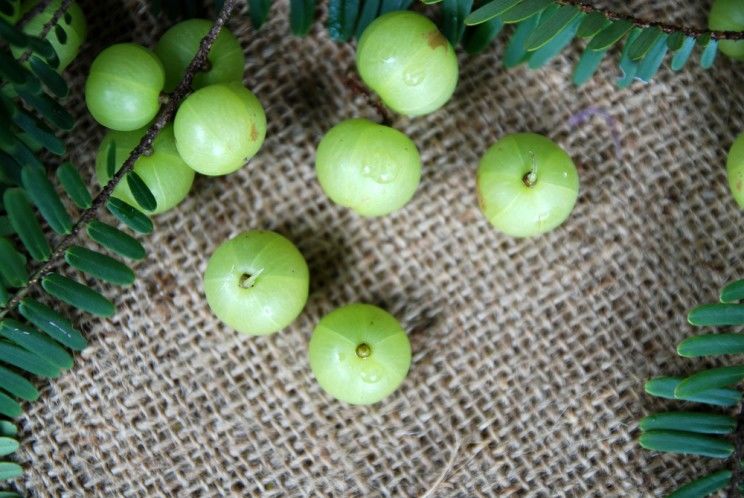
This herb has been successfully used as a hair tonic, as it helps clean the liver, thereby indirectly helping the hair. This herb can be taken orally; I prefer a cold-water extract from the company Ojio.
However, you can also use it as a hair oil like Bhringaraj – see above. (17)
15. Aloe Vera
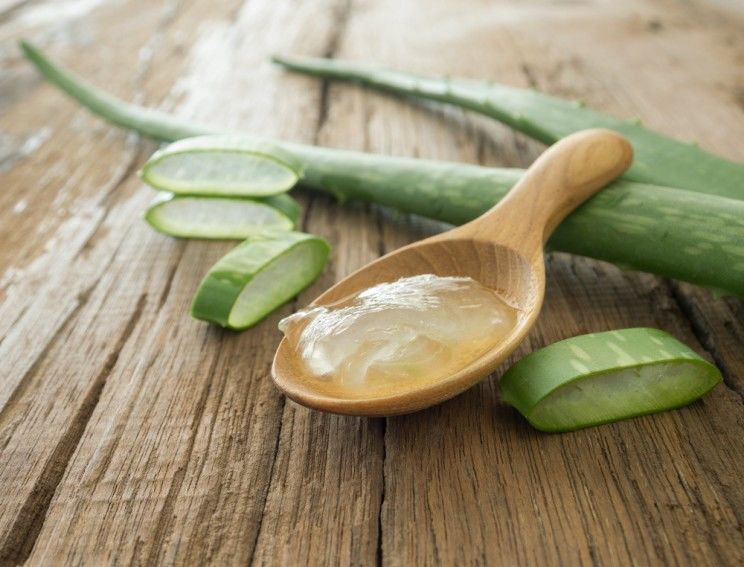
Aloe contains enzymes that can remove dead cells on our scalp so that they do not clog the hair follicles. If the hair follicles are clogged, it’s pretty clear to see the hair will have a hard time growing.
Aloe vera also happens to be alkalizing and balances the pH of the scalp. You can apply it topically as a cleanser or take it internally to get its nutritional benefits.
It contains sulfur, MSM, and amino acids that are beneficial to the hair. I’d recommend using it both ways. You can also use it as the base of many hair masks with other essential oils previously mentioned. (18)
16. Avoid Harmful Products
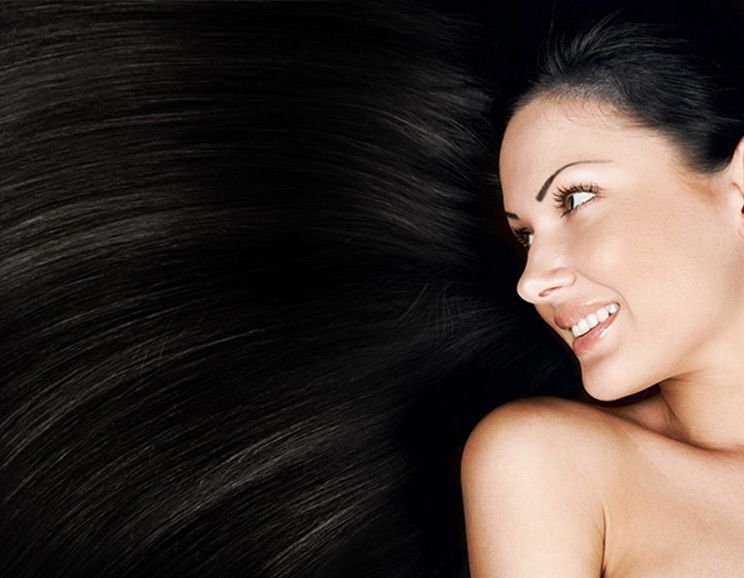
However, it’s important to make sure that what you are using isn’t causing hair loss. There are plenty of harsh chemicals and colorings that come in a lot of the modern hair care products that may be harmful for your hair and health.
To bypass this, stick to using natural food-based products on your hair. In addition to the oil treatments recommended, and stick to using baking soda and apple cider vinegar as a natural way to cleanse the hair.
Also, avoid going overboard heating and drying the hair, as this can cause damage. Overheating the hair tends to weaken the hair shaft, leading to breakage and loss. (19)
17. Manage Stress
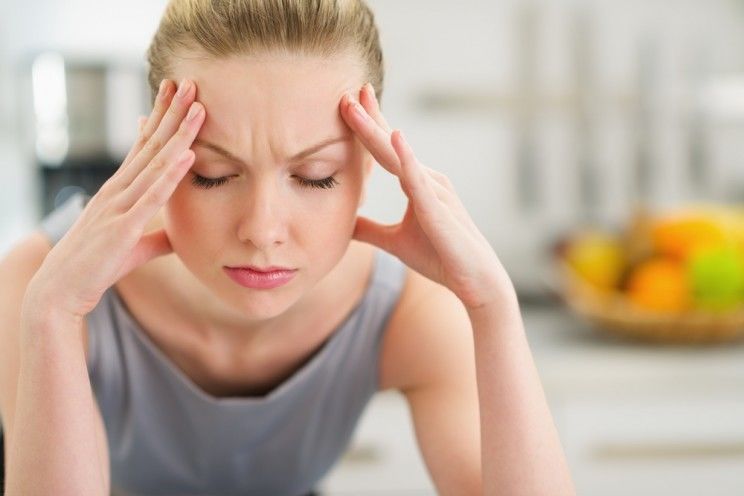
You can be taking all the correct nutritional and hair care products, but without high spirits, they will be useless.
Stress shuts down the digestive system, which means we won’t properly absorb what we eat. Stress is well-known as one of the biggest causes of hair loss so managing it is key.
It not only affects the health of the hair by weakening digestive function, but stress can influence the integrity of the hair follicle directly. (20)
18. Meditation
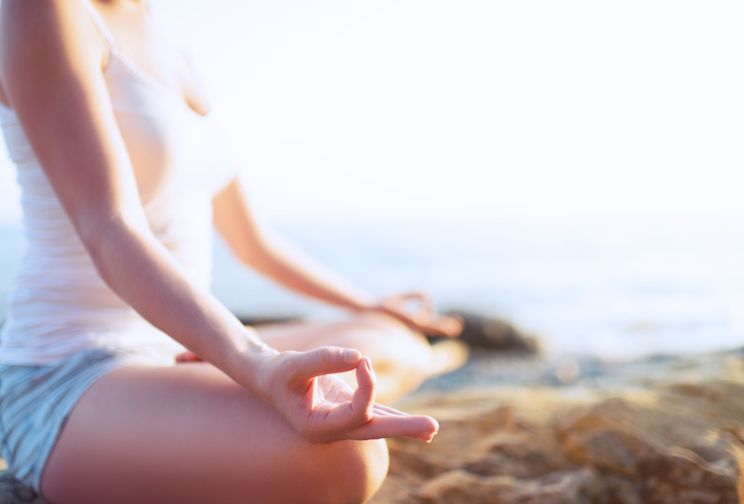
You are no longer ruled by the mind; you become a calm observer of the mind, looking for thoughts as they pop up and just observing them.
You can even mediate by simply going for a walk, spending time in nature, or anything where you can stop from compulsively thinking and become more aware of yourself, your surroundings, and life in general. If you’re new to meditation try this 10-Minute Meditation.
Meditation promotes emotional and physical well-being and balances hormones and the immune system, which can have a positive effect on the hair. (21)
19. Breathe Deeply
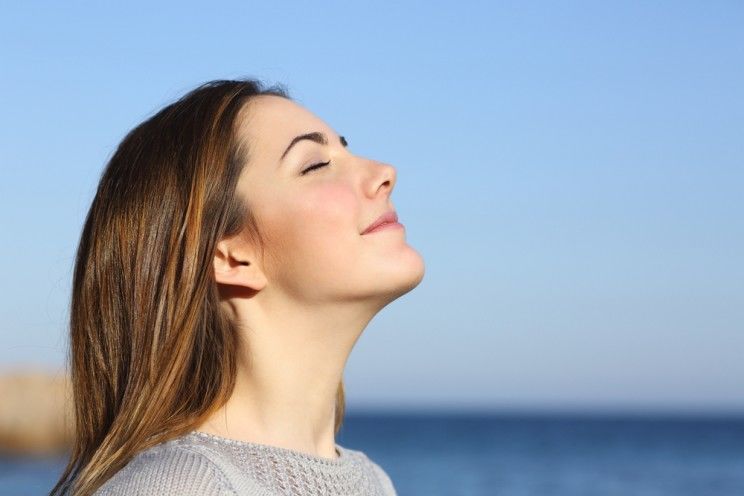
All you need is your body, a few minutes, and a comfortable place to sit straight. Start by closing your eyes and inhaling slowly through your nose.
Notice the air that fills your belly and lungs, then, as you exhale slowly, relax your body and head.
Deep breathing is a great way to lower the stress hormone cortisol – often found in excess in individuals with hair loss. (22) (23)
20. Exercise
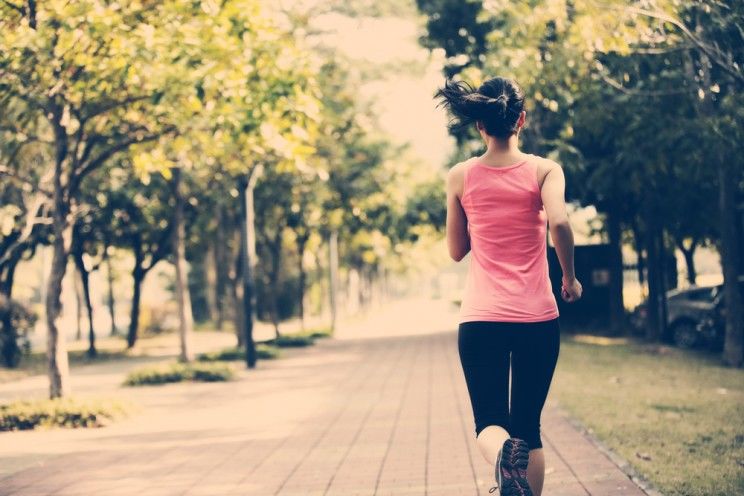
It is not necessary to do a specific form of exercise or movement to get the benefits that improve health, decrease stress, and increase energy.
Walking, riding a bike, gardening, dancing, yoga or some sort of outdoor activity is sufficient movement. The goal is to get the blood circulating, massage the organs, and decrease physiological stress.
Blood flow is essential for getting nutrition to the scalp – so exercise a little bit each day for healthier hair. (24)
21. Express Yourself

As simple as it is, talking to people you feel comfortable with and having a means to express yourself can be very helpful for managing physiological stress.
If you feel you cannot talk to anyone, you may find it useful to begin by writing down your feelings to those you feel you can’t communicate with.
This is less confrontational but works to get the weight off your chest. Keeping the body as free of stress as possible will help prevent chronic illness and hair loss.
(Read This Next: 11 Reasons You No Longer Have Healthy, Shiny Hair (and What to Do About It)


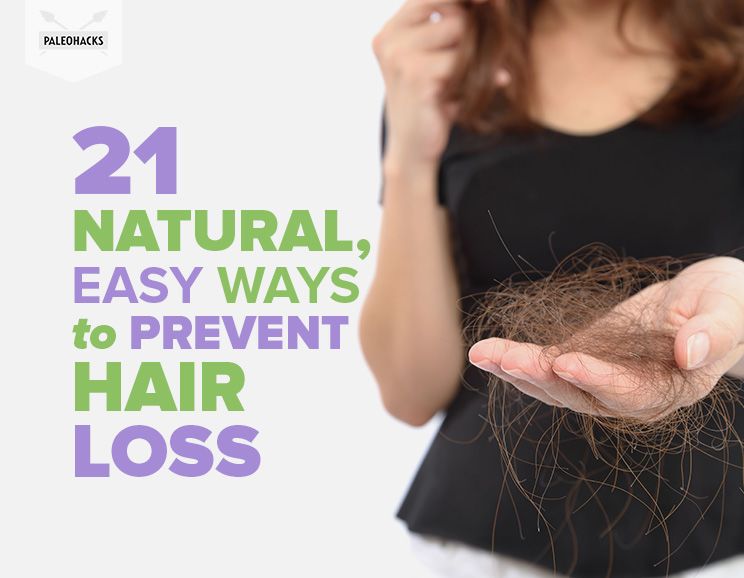
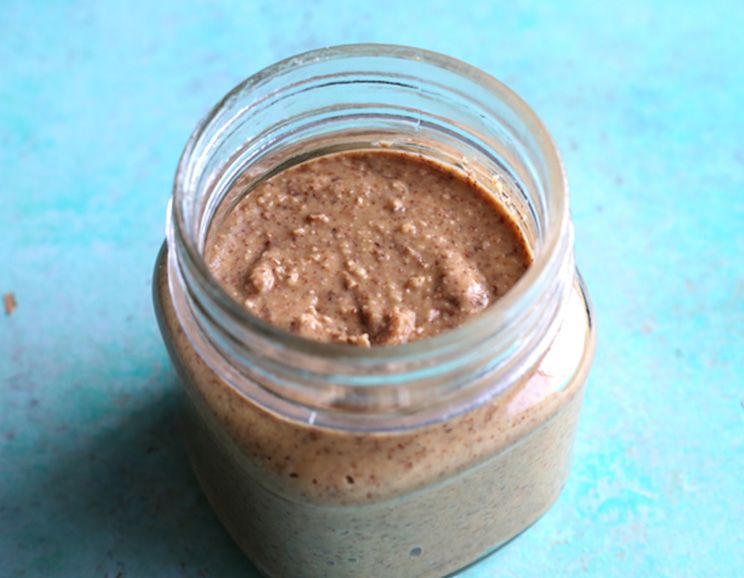 The Easiest Almond Butter You’ll Ever Make
The Easiest Almond Butter You’ll Ever Make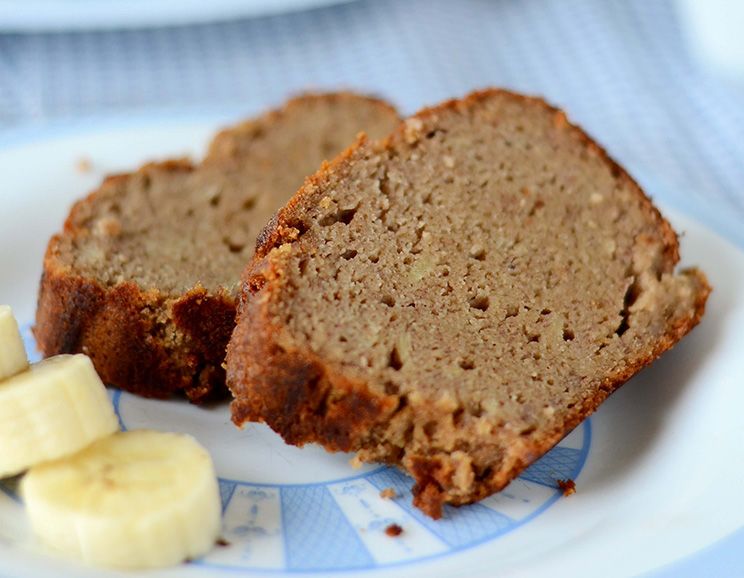
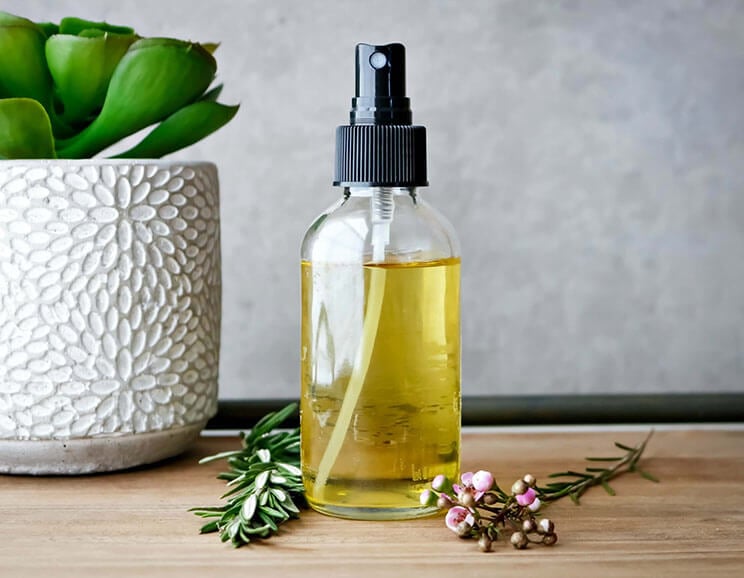
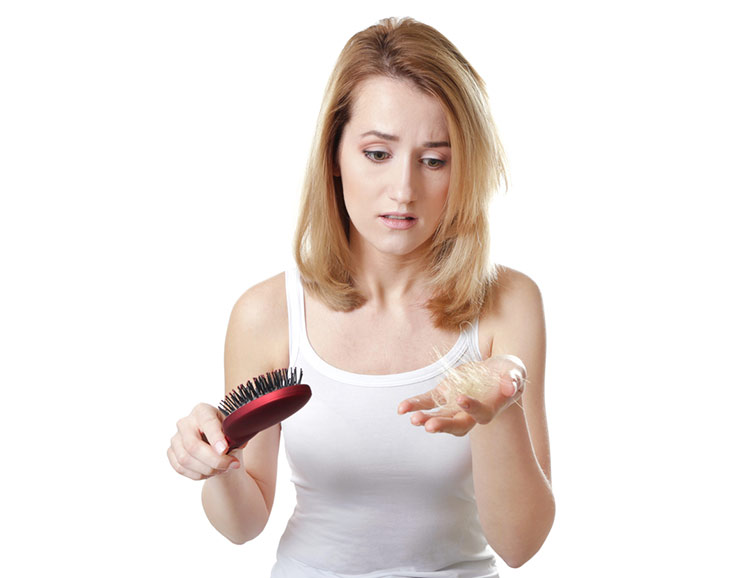
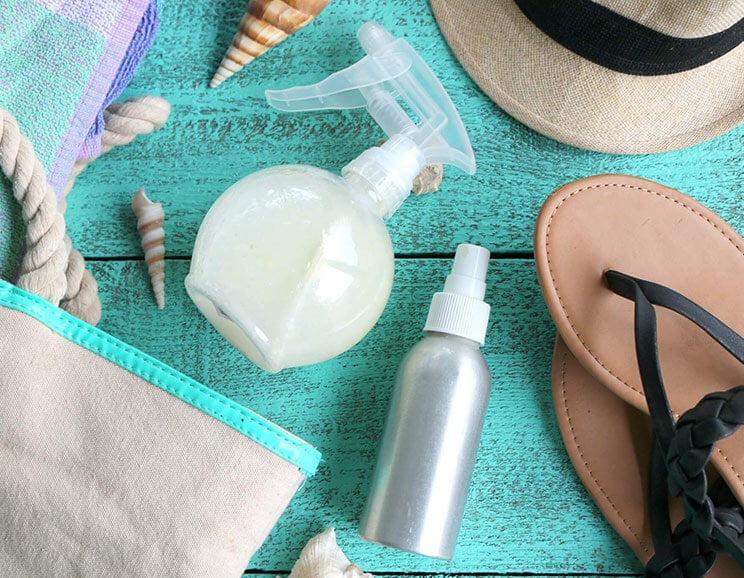
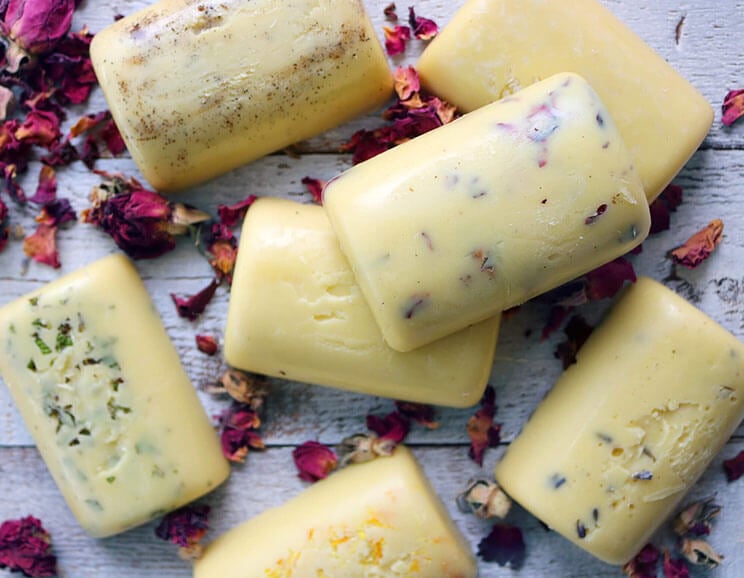
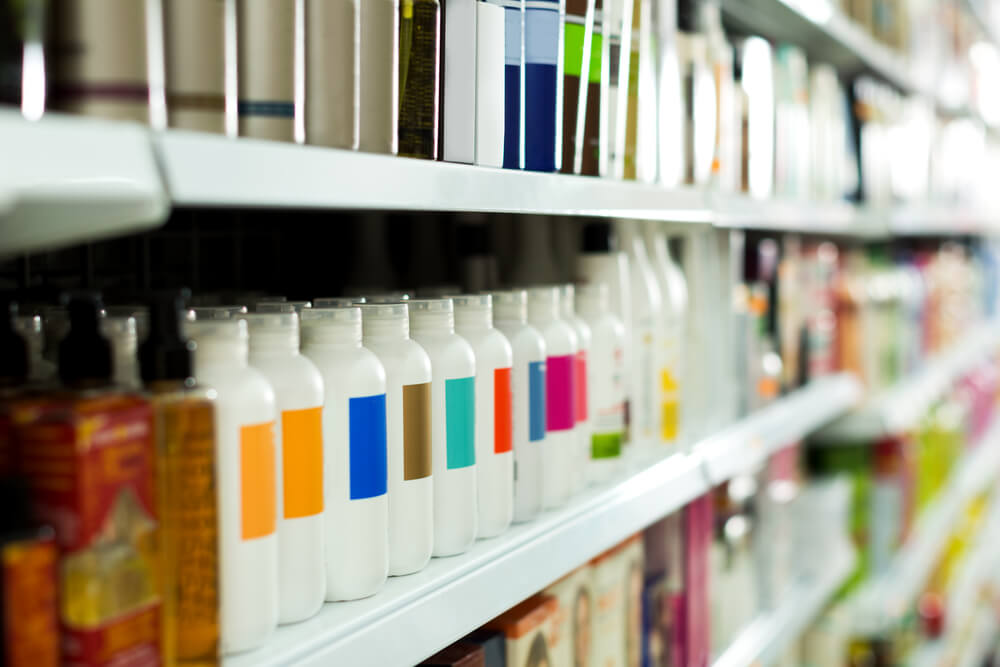

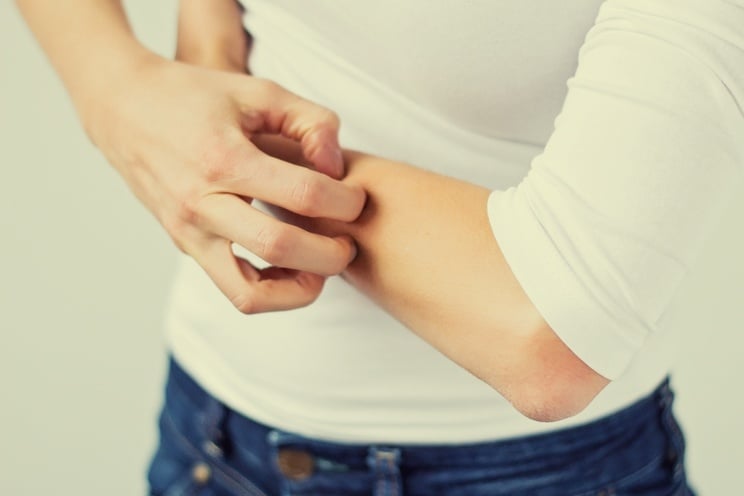
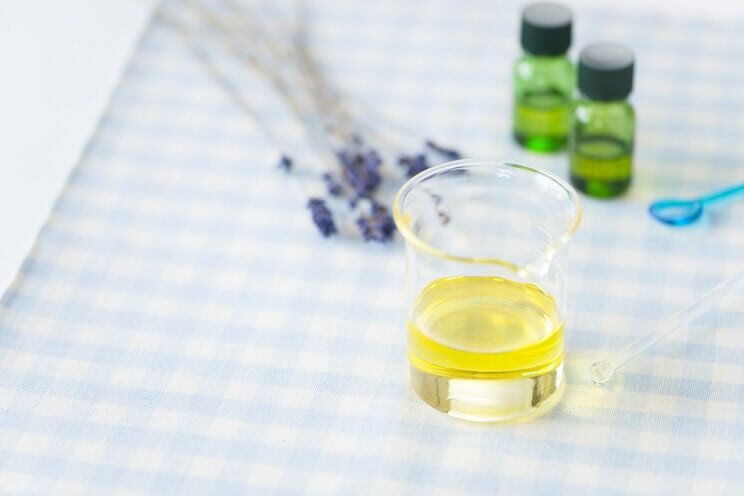

Show Comments